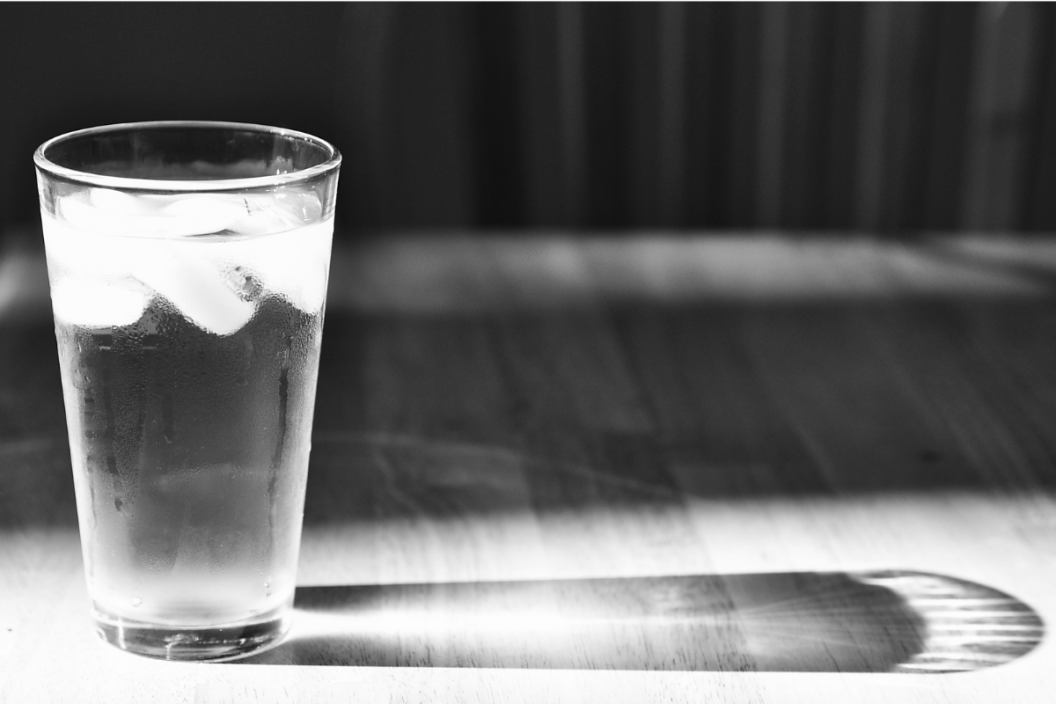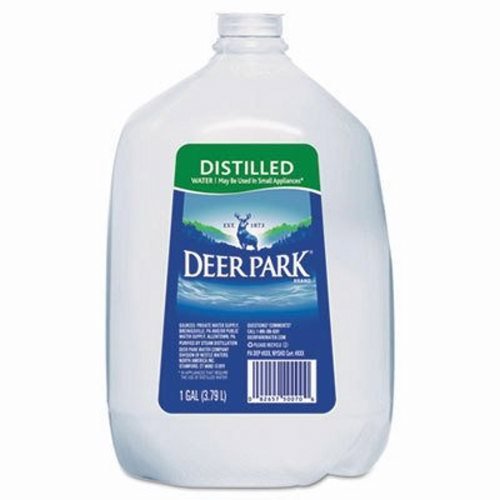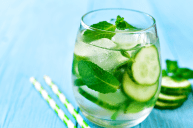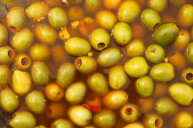If you've ever bought a gallon of distilled water to water your plants or for another purpose, you may have found yourself wondering: can I drink this? The truth is, you can drink distilled water...but you might not like it very much.
Videos by Wide Open Country
What Is Distilled Water?
Distilled water is essentially steam from boiling water that is cooled and then returned to its liquid state, according to WebMD. Healthline notes that the process removes impurities and minerals from the water in question. Other types of water include tap water, filtered water, and other purified water — water that is basically free of microbes and chemicals and achieved by reverse osmosis. Distilled water is a type of purified water.
What Is It Used For?
Distilled water is used in humidifiers, car cooling systems, for medical devices like continuous positive airway pressure (CPAP) devices, aquariums, steam irons, and more. But some people also claim there are health effects and wellness reasons for drinking water that's been through the water distiller, because distillation removes harmful contaminants.
Are There Health Benefits Behind Drinking Distilled Water?
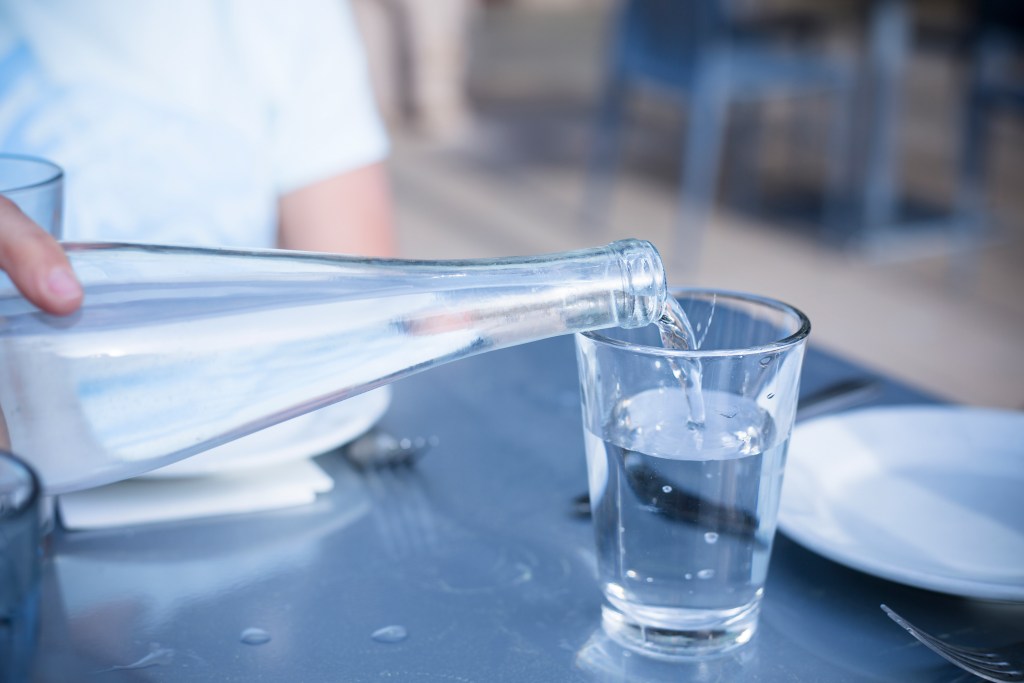
Getty Images/Yobro10
The arguments that there are health risks or benefits to drinking water that's been through the distilling process are not strictly true. "Some sources claim that drinking distilled water will help detoxify your body and improve your health," Healthline reports. "Others claim distilled water leaches minerals from your body and could put your health at risk." Neither is really true, the outlet notes.
For a start, distilled water doesn't give you minerals like calcium, potassium and magnesium that you get from tap water, according to Healthline. However, the site also points out that, "Because you already get most of the minerals you need from your diet, drinking distilled water shouldn't make you deficient."
So, Why Do People Drink It?
As explained by the EPA or Environmental Protection Agency, all water — be it spring water, water from your faucet, municipal water, bottled water, well water — might have trace amounts of minerals, bacteria, pesticides, and other contaminants, WebMD notes. But the amounts are safe, and it doesn't matter what water sources you're getting the water from.
Distilled water removes all of those impurities. Water that's been through the distillation process to become so-called "pure water" is therefore attractive to people who are trying to avoid what they think are harmful chemicals in their water supply and who don't think running their water through a water filter is enough.
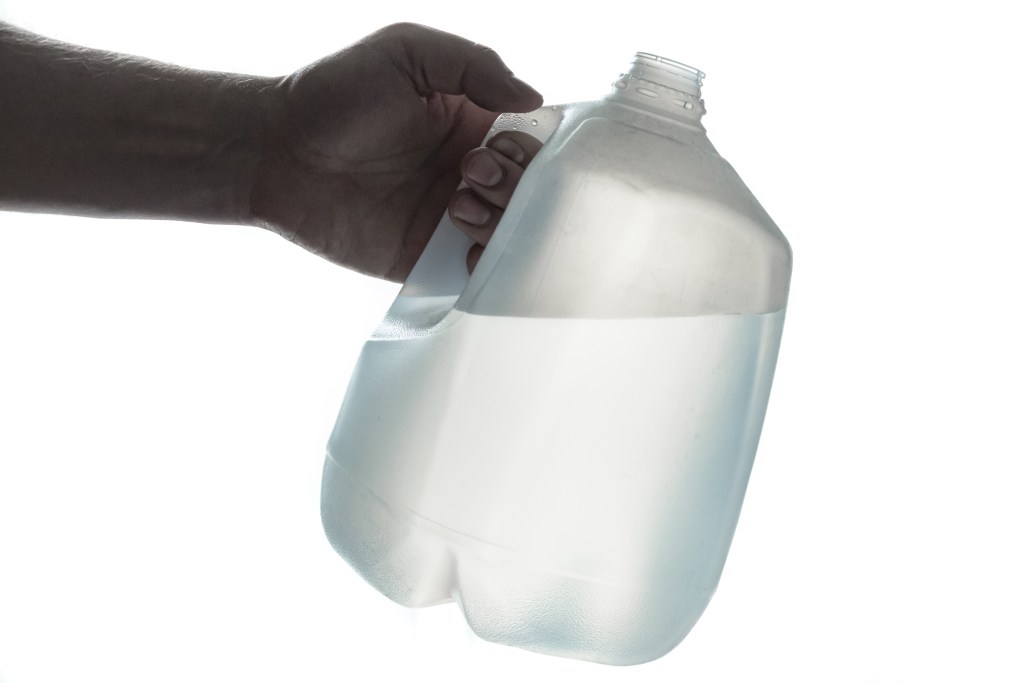
Getty Images/Benjamin Clapp
People who have hard water that's high in mineral content might prefer drinking water with a lack of minerals and that's been through water treatment. If someone knows their city water has harmful chemicals, mineral buildup or pesticides, it makes sense that they might prefer hydration that's been through a water purification process. Some people would rather not drink water with fluoride, which is sometimes added to tap water to prevent tooth decay.
"If you don't mind the taste and you get enough minerals from a well-balanced diet, it's fine to drink distilled," Healthline concludes.
And that's one last key takeaway here — distilled water doesn't actually taste very good. It's pretty flat and has a bland taste. But if that's fine by you and you get the minerals your body needs in other ways, go nuts!
Editor's Note: Products featured on Wide Open Eats are independently selected by our editors. However, when you buy something through our links, we may earn a commission.
This article was originally published on January 29, 2021.
